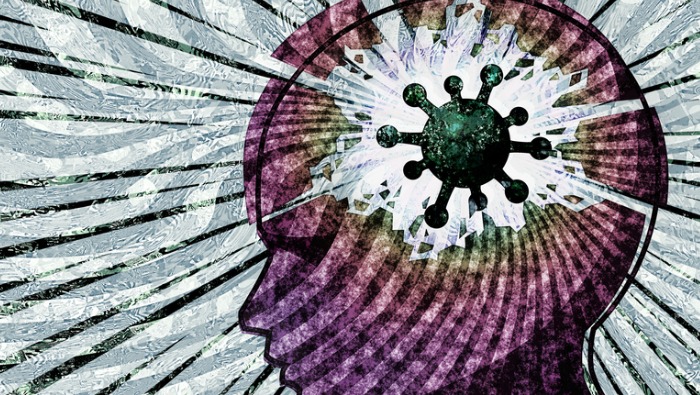While the COVID-19 public health emergency (PHE) may have officially ended on May 11, for many individuals, the symptoms of Long COVID are very much a daily reality. On June 21st, 2023, the U.S. Department of Health and Human Services (HHS), through the Substance Abuse and Mental Health Services Administration (SAMHSA), issued an advisory detailing the mental health symptoms of Long COVID. In brief, the advisory discusses the epidemiology, assessment, and treatment of mental health conditions related to Long COVID. Employers should be aware of how Long COVID may impact an employee or applicant and be prepared to properly respond to requests for reasonable accommodations accordingly. In April, the HHS and other agencies addressed COVID-19 healthcare coverage at the end of the PHE.
Background on Long COVID
While a majority of people infected with COVID-19 recover within weeks, many people endure long-lasting symptoms of the virus or may have new or recurring symptoms at a later time, regardless of the severity of the initial reaction to COVID-19. According to the Centers for Disease Control and Prevention (CDC), people with Long COVID have a range of new or ongoing symptoms that can last weeks or months after initial infection with Post-Acute Sequelae of SARS-COVID-2 (PASC), commonly known as COVID-19. Consequently, these symptoms can worsen with physical or mental activity. Common symptoms of Long COVID include:
- Tiredness or fatigue
- Difficulty thinking or concentrating (sometimes called “brain fog”)
- Shortness of breath or difficulty breathing
- Fast-beating or pounding heart (known as heart palpitations)
- Chest pain
- Joint or muscle pain
- Cough
- Depression or anxiety
- Hair loss
- Loss of taste or smell
Mental Health Symptoms of Long COVID
According to the HHS advisory, Long COVID can also have lasting effects on an individual’s mental health and that of their families. This is due to a variety of factors like the mental toll chronic illness can take, social isolation, financial insecurity, caregiver burnout, and grief. Specifically, the mental health symptoms of Long COVID are often some of the condition’s more common symptoms. Meanwhile, others are caused or exacerbated by related symptoms of Long COVID. These can include the following:
- Fatigue
- Sleep disturbances
- Depression or anxiety
- Psychosis
- Cognitive impairment
- Obsessive-Compulsive Disorder
- Post-Traumatic Stress Disorder
Finally, the advisory also discusses how the social determinants of health contribute to the negative impacts of Long COVID. The condition particularly impacts racial and ethnic minorities and the LGBTQI+ population. Additionally, Long COVID can be especially difficult for those with limited access to health care, people with pre-existing behavioral health conditions, and those with physical and intellectual disabilities.

